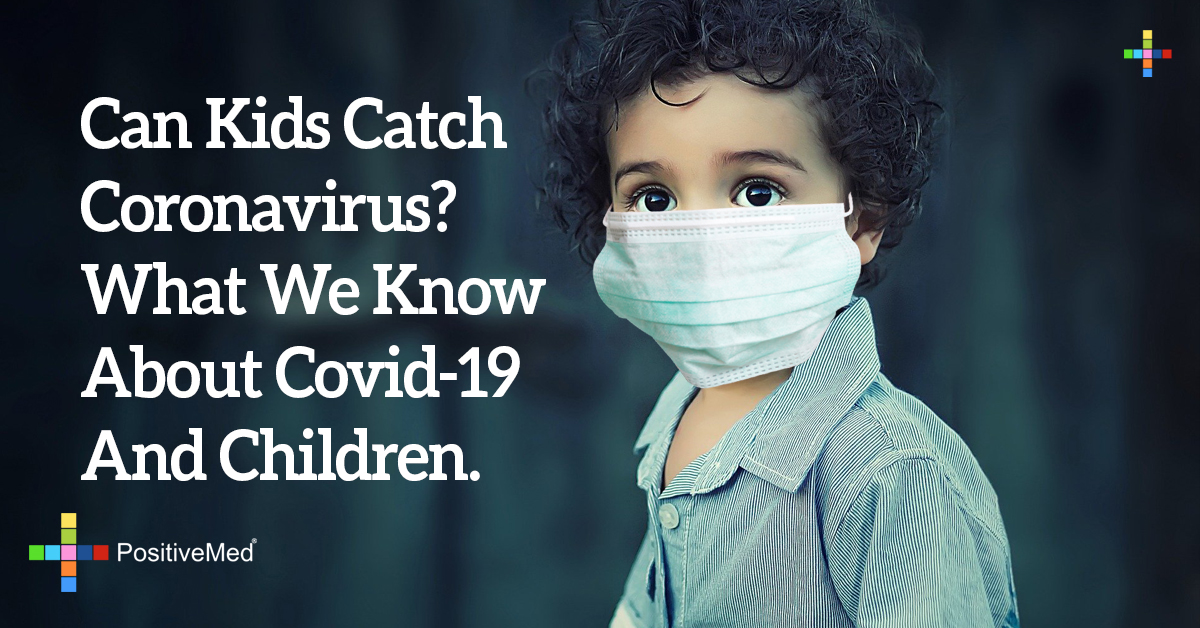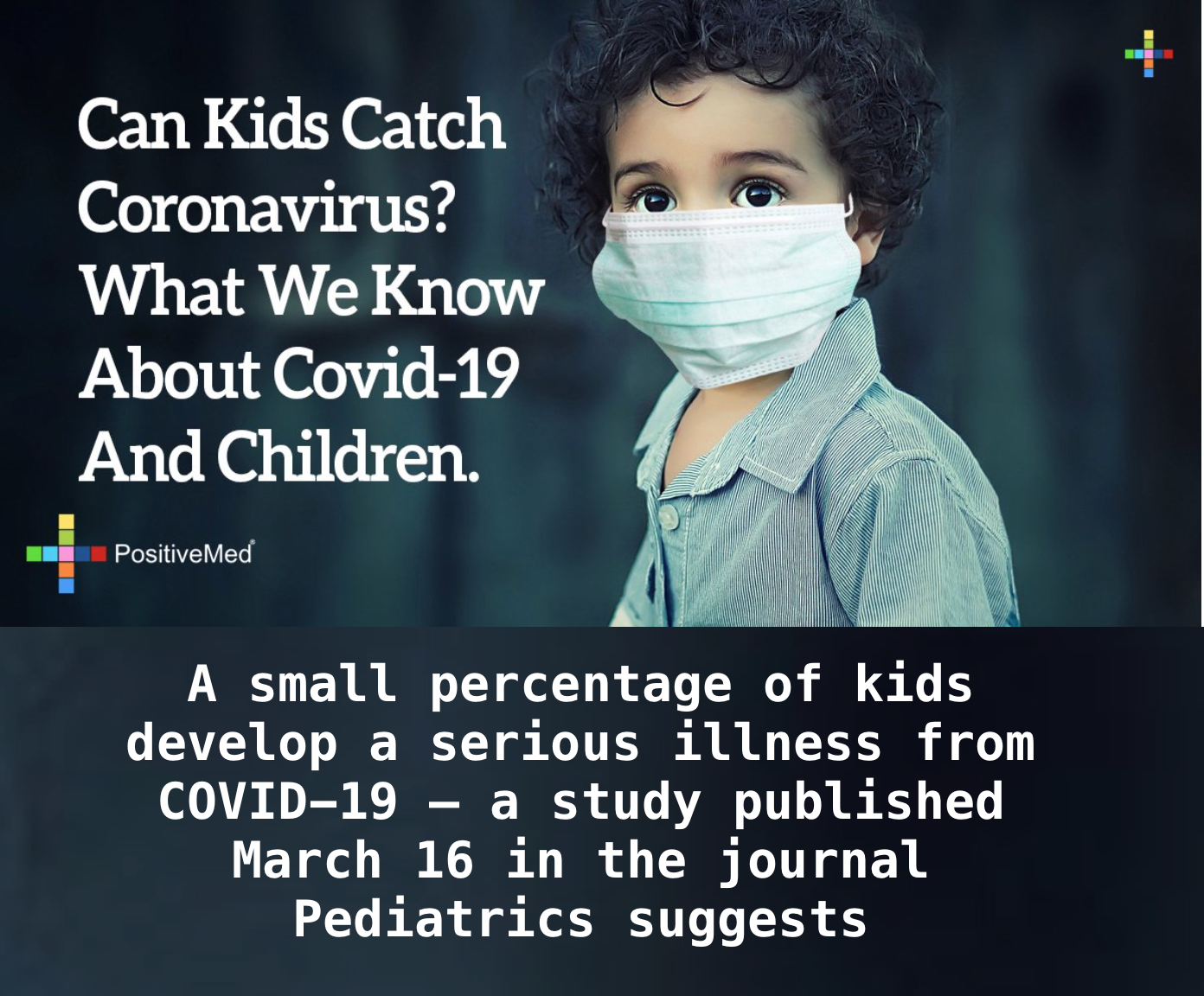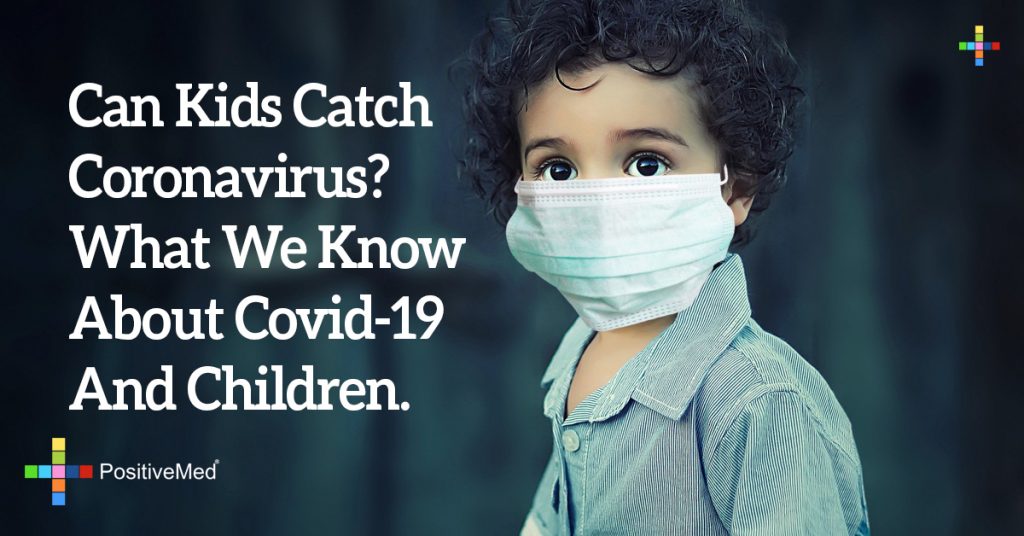What we know for sure about children and coronavirus is that they are home-schooled during the pandemic. Scientists often say that the older you are, the worse the infection can end up for you. It seems, therefore, that children are largely unharmed by the disease. Is it the correct answer?

Coronavirus in children and adults
A small percentage of kids develop a serious illness from COVID-19 – a study published March 16 in the journal Pediatrics suggests. It analyzed information from more than 2,000 cases, where about 90% were mild or moderate, with fever, cough, sore throat, runny nose, sneezing, and sometimes pneumonia. Around 6% of children developed severe or critical illness with hypoxia, shortness of breath, and low levels of oxygen in body tissues. Children develop acute respiratory distress syndrome rarely. It’s a life-threatening condition that prevents oxygen from getting to the lungs, and into the bloodstream. Of the 125 children who developed severe illness, more than 60% were 5 years old or younger. All the sobering news about the new coronavirus find parents relieved with this one detail – the health effects are generally milder on children. However, there are still many unknowns to discover through researches.
What about a health condition?
In China, 2.4% of all identified cases regarded people under 19 years old. Only 2.5% of them had severe symptoms. Respiratory conditions, such as asthma, often result in more severe cases. It’s not sure, however, whether COVID-19 will affect children with asthma more severely. Similarly with diabetes. It’s a significant risk factor for adults, but it has not been confirmed if it’s the same for children. Parents should be vigilant nonetheless.
Children in the times of pandemic – how to prevent them from infection?
Children can be infected and are able to transmit coronavirus. Parents should teach their kids to do the same things adults do to stay healthy. Social distancing is just as important for them. Children that stay at home will also need regular exercise. Moreover, soap and warm water or hand sanitizer for at least 20 seconds are a must. Try singing ABC – it takes exactly the amount of time needed to have their hands disinfected well. If your children disagree to wash their hands, give them a small reward, such as a sticker, to celebrate each time they agree to do it. Kids should wash their hands every time they use the bathroom, before eating (even snacks), after coming inside from playing outdoors and especially and immediately after sneezing, coughing or blowing their nose. Encourage everyone in the family to cough and sneeze into their elbow. Then throw away tissues after they are used.
Prevention in details
Remember to stay away from people who cough and sneeze. Since there is currently no vaccine, parents should do everything they can to protect children from getting a coronavirus. Children, just as adults, are exposed to COVID-19 when the virus contacts their eyes, nose, or mouth. Parents should also remind children to avoid touching their face as much as possible. It can help if kids carry a toy, this will keep their hands busy. Toys should be washed regularly. Children, just as adults, can get COVID-19 when the virus contacts their eyes, nose, or mouth. Parents should remind children to avoid touching their face as much as possible. It can help if kids carry a toy. It will keep their hands busy. Toys should be washed regularly. Also, be sure to stay away from sick people. Avoid getting in touch with any person who coughs or sneezes (at least 6 feet far). Respiratory droplets released into the air are a real danger. Avoid crowds and keep your kids away from it. Since there is currently no vaccine, parents should do everything they can to protect children from getting a coronavirus.
Household obligations become more strict
In a household where children live, cleaning is a daily activity. In the times of pandemic, be sure to clean and disinfect high-touch surfaces in common areas even more often. Take special care of tables, desks, remotes, toilets, hard-backed chairs, doorknobs, light switches, handles, and sinks. Laundry should be done regularly, with the warmest appropriate water setting. Wipe down toys and surfaces often. Clean surfaces and store cleaners secured with childproof cabinet locks.
Be a good example for your kid!
It helps when parents set a good example. Children will look to you when deciding how to feel about the threat. If you feel calm and prepared, they are likely to feel similarly. Address your child’s anxiety and stress. Talking things over is the best way to keep calm and identify specific fears.







